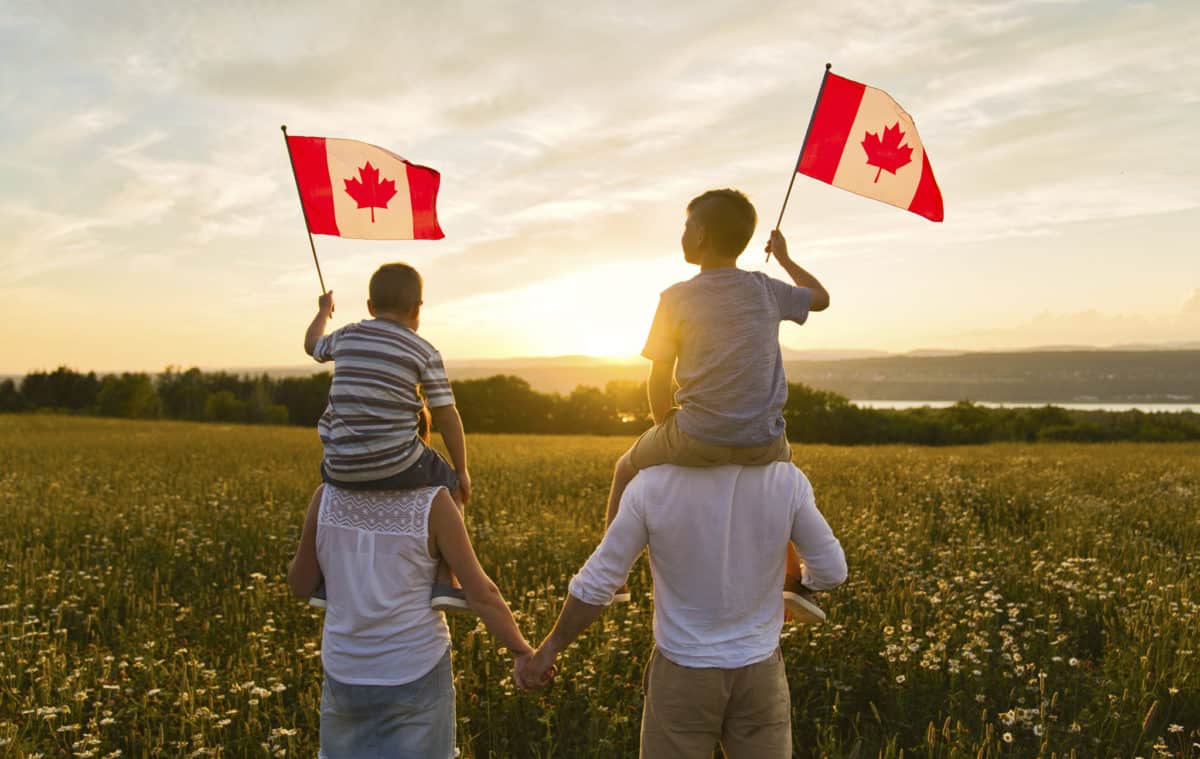
Canada’s Parents and Grandparents Program Pauses New Applications for 2025
The Canadian government has announced that it will not accept any new applications for the Parents and Grandparents Program (PGP) in 2025. This decision comes as Immigration, Refugees and Citizenship Canada (IRCC) continues to adjust its immigration strategy, limiting the number of permanent residency applications it will process in the coming year. While the PGP will remain closed to new applicants, there are still alternatives available for those who wish to reunite with family members in Canada.
Table of Contents
- Overview of the Parents and Grandparents Program
- Reason Behind the Pause in Applications
- Impact on Sponsorship Applications
- Alternatives for Family Sponsorship: The Super Visa
- Understanding the Super Visa Requirements
- What This Means for Immigrants and Canadian Families
- The Immigration Levels Plan: 2025 and Beyond
1. Overview of the Parents and Grandparents Program
The Parents and Grandparents Program (PGP) is a key immigration pathway that allows Canadian citizens, permanent residents, and registered Indians to sponsor their parents or grandparents for permanent residency in Canada. Given the high demand and limited availability, the program operates on a lottery system to determine which sponsors can apply each year. Those who express interest in sponsoring their relatives must submit an “Interest to Sponsor” form to be eligible for the lottery.
Over the years, many Canadians have turned to the PGP as a way to bring their parents and grandparents to Canada. However, with the number of applicants far exceeding available spaces, the Canadian government has struggled to meet the demand.
2. Reason Behind the Pause in Applications
The decision to halt new applications for 2025 stems from a broader cut in the number of permanent residents Canada plans to admit. Immigration, Refugees and Citizenship Canada (IRCC) has reduced its target for 2025 by 20%. As part of this adjustment, the government has lowered the number of spots allocated for family reunification through the PGP.
In the past, the IRCC had set higher targets for PGP-related landings, aiming to welcome 32,000 applicants in 2024 and 34,000 in 2025. However, the new plan has revised these figures significantly, with only 24,500 people expected to be granted permanent residency through family sponsorships in 2025.
3. Impact on Sponsorship Applications
With the closure of new applications for 2025, only the applications submitted in 2024 will be processed throughout the year. This means that Canadian citizens and permanent residents who were hoping to sponsor their parents or grandparents in 2025 will have to wait for a future intake period, with no new opportunities for sponsorship available in the immediate term.
As a result, many families who were planning to reunite with their loved ones through the PGP will face delays. The IRCC has not yet provided a clear timeline for when new applications will be accepted again, leaving many to look for alternative options.
4. Alternatives for Family Sponsorship: The Super Visa
For those who are unable to apply through the PGP, the super visa presents a viable alternative. The super visa allows parents and grandparents to stay in Canada for an extended period of time as temporary residents. Unlike traditional visitor visas, the super visa enables holders to remain in Canada for up to five years at a time and may even allow for multiple entries over a 10-year period.
While the super visa does not grant permanent residency, it offers a way for families to be together for longer durations, making it a popular choice for those whose PGP applications are not accepted.
5. Understanding the Super Visa Requirements
To sponsor a parent or grandparent for a super visa, the Canadian sponsor must meet several conditions:
- Be a Canadian citizen, permanent resident, or registered Indian;
- Be residing in Canada;
- Be at least 18 years old;
- Meet the minimum income requirements set by IRCC, which are based on family size;
- Promise to provide financial support for the sponsored relative during their stay.
In addition, the parent or grandparent seeking the super visa must meet certain health and admissibility criteria. Specifically, they are required to purchase private health insurance for the duration of their stay and undergo a medical examination to ensure they are admissible to Canada.
6. What This Means for Immigrants and Canadian Families
The temporary suspension of new applications for the Parents and Grandparents Program means that many families will face a delay in their attempts to reunite with their loved ones. While the super visa is an option for extended visits, it does not offer permanent residency or the ability to work or study in Canada.
Families who wish to bring their parents or grandparents to Canada permanently will have to await future changes to the program or explore other sponsorship options, such as provincial nominee programs or work-related pathways.
7. The Immigration Levels Plan: 2025 and Beyond
The IRCC’s decision to reduce immigration targets for 2025 is part of a broader Immigration Levels Plan that outlines the government’s strategy for admitting permanent residents. The revised targets, which also include reductions in the PGP, reflect ongoing efforts to manage immigration levels in a way that is sustainable for Canadian society and the economy.
While the pause in new PGP applications may be disappointing to many, the government has indicated that future intakes will be carefully managed to balance the need for family reunification with overall immigration goals. The situation is part of the broader context of Canada’s immigration policy adjustments and is expected to evolve over time.
In conclusion, Canadian families who wish to bring their parents or grandparents to Canada for permanent residency in 2025 will face a delay, as no new applications will be accepted. However, the super visa provides a temporary solution for extended stays. Families should stay informed about potential future openings in the PGP or explore other pathways to immigration.
For a consultation about Immigration options, reach out to the CAD IMMIGRATION today!




